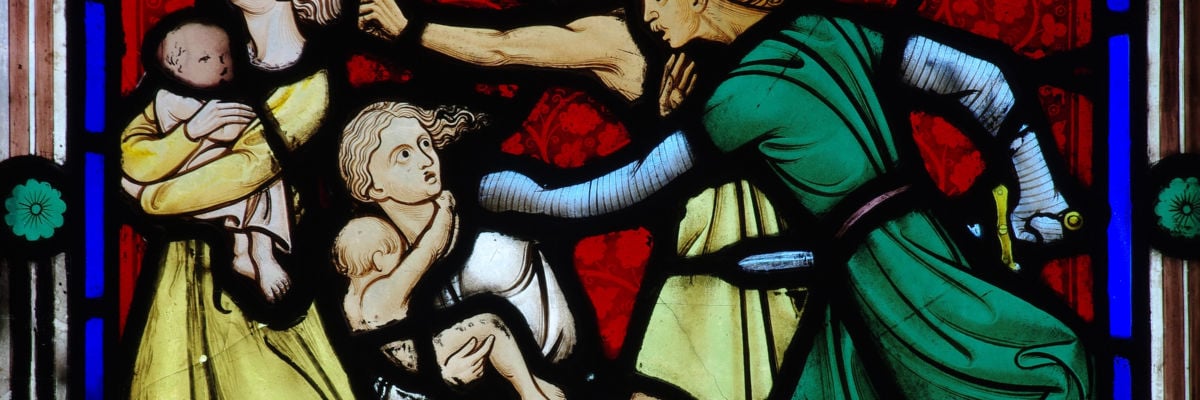
DAY 152
CHALLENGE
“Herod’s slaughter of Bethlehem’s baby boys (Matt. 2:16) is a myth. We have no historical record of this actually happening.”
DEFENSE
We do have a record of it, and the act is entirely in keeping with the character of Herod the Great.
The Gospel of Matthew is itself a record. It cannot simply be set aside on a “false until proven true” principle. Scholars do not reflexively reject what ancient sources say, particularly when it fits with known facts.
Although we don’t have a non-Christian record of this event, we would not expect to. Bethlehem was small (Micah 5:2), and in Jesus’ day its population was between 300 and 1,000. The number of males under two was likely no more than 25 to 30; perhaps no more than 6 or 7 (Paul Maier, “Herod and the Infants of Bethlehem,” 177–178, in Jerry Vardaman, ed., Chronos, Kairos, Christos II). Given the small scale of the event, most people outside of Bethlehem wouldn’t have been aware of it.
We don’t have any of Herod’s court records, and what knowledge we have of his acts is spotty, being principally derived from Josephus, who was born decades after Herod died. Although Josephus does briefly mention Jesus in a couple of passages, it is unlikely that he would have mentioned a small event like the slaughter of the innocents, if he was even aware of it.
Despite this, the story fits with what was known about Herod. During the latter part of his reign he became paranoid and obsessed with keeping power. He saw plots everywhere and consequently executed his favorite wife and three of his sons. Thus Caesar Augustus allegedly quipped, “It is better to be Herod’s pig than son” (Macrobius, Saturna- lia 2:4:2)—the joke being that, as a Jew, Herod wouldn’t eat pork and his pig would be safe.
Herod is known to have ordered mass executions. As his own death approached, he had a large number of prominent men confined in a stadium and ordered that they be killed so every family would grieve upon his death (Josephus, Antiquities of the Jews 17:6:5–6).
Fortunately, this order was disobeyed when he died, but he was still alive when the slaughter of the innocents occurred, and that order was carried out. It is precisely what we would expect of Herod upon learning a baby was born who had a rival claim to the Jewish throne.



